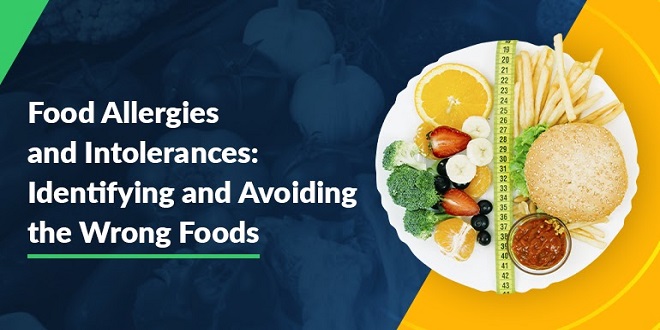Food Intolerances: Why We Each Require a Unique Diet

An Individual Approach
A good nutritional plan can’t be bought off the rack; it must be custom-fitted, like a made-to-order suit. Following a healthy, controlled carbohydrate approach will do a lot for your body. Finding out what foods you can and can’t handle will give you an Atkins nutritional approach that is truly yours alone.
Happily, the most common sources of food intolerance are generally found in foods I recommend you either avoid entirely or approach very cautiously. The foods to which people most commonly prove intolerant are grains, such as corn, wheat, rye, and oats; soy, milk, cheese, brewers, and baker’s yeast and eggs. The only three you might be eating during the Atkins weight loss phases are eggs, cheese, and soy in the form of tofu and other products. But those foods are hardly the end of the story.
Alas, the Foods You Love
Perhaps the first and most fundamental principle of food intolerance is this: The foods you eat the most often and love the best will frequently be part of your problem. For example, many Asians are allergic to rice, many Italians to wheat, and many Mexicans to corn. This is yet another reason why many carbohydrate addicts experience eliminating or reducing nagging physical ills, from headaches to diarrhea, when they start to do Atkins.
Complicating the matter of food intolerances, a sizable proportion of us become addicted to the very foods to which we are intolerant. You will often see the term “allergy/addiction” used in papers by specialists in environmental medicine. It works like this: The foods that make us will also make us feel better for a short time after we eat them. This is undoubtedly a classic addiction pattern: The sugar addict, the drug addict, the alcoholic all feel better when they get their fix. But before long, they all feel worse.
What Causes Food Intolerances?
No one knows for sure, but I believe many food intolerances are related to weakening the immune system, which may be a secondary result of such problems as yeast overgrowth. When this weakness becomes chronic, you may develop an allergy. Allergies, in turn, challenge the immune system, which can, in turn, suppress the metabolism, slowing down weight loss.
It is rare to find a person with a yeast overgrowth who doesn’t have some food intolerances, and the reverse is true.
The symptom list for food intolerance mimics the items found on both the “Blood-Sugar Symptom Test” (see pages 150-151) and in “Yeast Symptoms” (see page 332). So, in general, if there are symptoms from those lists that won’t go away despite diligently adhering to a controlled carbohydrate eating plan, you have good reason to look for food intolerances.
How to Deal With the Problem
There are two basic approaches to addressing this problem: First, you must identify the foods to which you are reactive and determine the degree to which they affect you; second, you need to satisfy your body. Finding the foods that affect you is a little time-consuming but not otherwise difficult. Your initial approach should be to exclude all yeast and mold foods. For many people, this will do the trick. After all, controlling your intake of carbohydrates has already banished a significant percentage of the usual culprits.
Keep a food diary for three weeks if you suspect you have other remaining intolerances. Record every food you eat, and when you feel an unfavorable reaction after eating one or more, note that fact. If you alter the combination of foods at your meals, you will isolate the offenders. Once you’ve found them, stop eating them for four to six weeks. Then reintroduce them slowly. Try once a week at first. Then twice a week. You will often discover that you can continue to eat these foods as long as you don’t eat them too often.
Last word
These stressors could be psychological or work-related, and you will know them better than I do. They could also be harsh physical conditions such as intestinal parasites, heavy-metal body load, or chronic viral problems. I can’t treat your long distance, and, with issues like those, you almost certainly can’t treat yourself. You might want to read up on some of these conditions and find a physician who practices complementary medicine if any seem to apply to you. I wouldn’t want to be alarmist, but I would say this: If you follow Atkins conscientiously and you don’t feel better than you have in many years, you should want to know why. Where I am your doctor, I would certainly make sure you’re not eating foods to which you’re allergic. On the other hand, sometimes straightforward changes can produce tremendous results.





